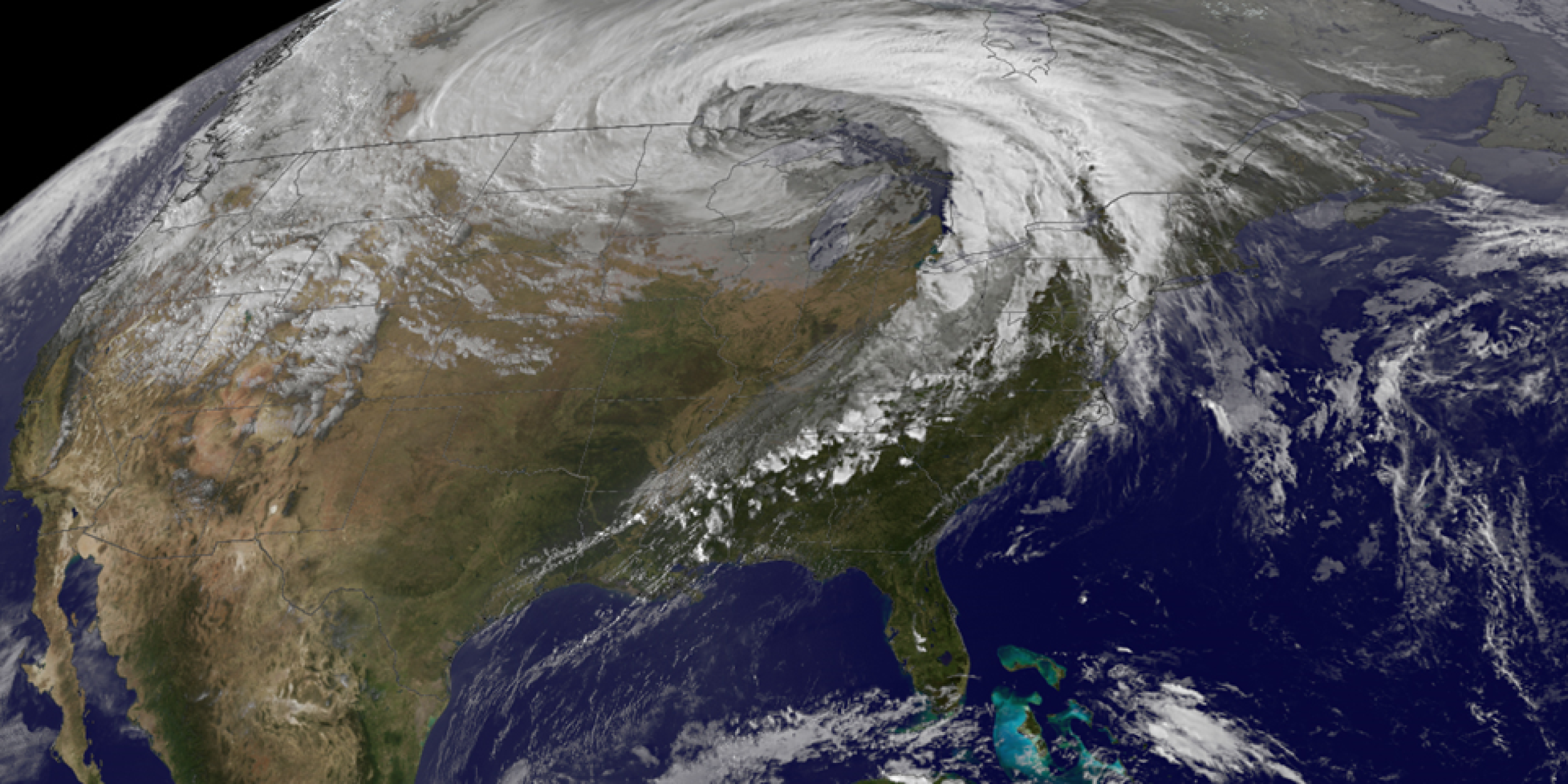Rachel McCrary, a project scientist at the National Center for Atmospheric Research (NCAR), has been awarded funding for their climate projections project, “Multi-decadal projections of extratropical cyclones and their associated extreme precipitation, snowfall, and surface winds.”
In winter, powerful storms called Extratropical Cyclones (ETCs) bring risky weather, causing heavy rain, snow, and strong winds. These events result in significant harm to people and property, contributing to costly disasters in the U.S. To help communities prepare for these storms, this research will employ advanced climate models to predict how ETCs and their extreme effects might change in the future. Lead Investigator Rachel McCrary, together with Co-Investigators Melissa Bukovsky (NCAR), Mari Tye (NCAR), Colin Zarzycki (Pennsylvania State University), and Benjamin Moore (NOAA Physical Sciences Laboratory), will explore important questions about these storms and work closely with members of the American Society of Civil Engineers to develop plans that consider climate change, ultimately improving our ability to handle and adapt to climate-related challenges. The researchers will also fully examine the ability of NOAA’s Seamless System for Prediction and EArth System Research (SPEAR) to study ETCs and provide recommendations for model development and improvement.
This research aligns with NOAA and CPO’s goals to better understand Earth’s climate system. By providing high-quality, long-term projections of ETCs and associated extremes, the study contributes to building a Climate Ready Nation, enhancing society’s ability to plan and respond effectively. The results specifically address key climate risk areas, including hydroclimate, water resources, and coastal inundation, benefiting stakeholders who rely on information about precipitation and surface winds. By assessing SPEAR, results will contribute valuable insights to advance climate science and engineering decision-making processes.Funding for this project is provided by the NOAA Climate Program Office, MAPP program.



